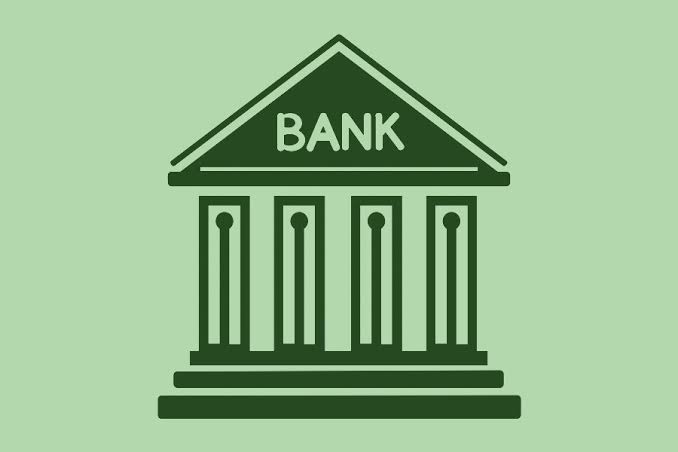
Published :
Updated :

The numbers are ugly. Bangladesh's non-performing loans (NPLs) have exploded to over Tk 3.45 trillion by the end of 2024. When you include restructured and written-off loans, the bad asset mountain rises to a staggering Tk 4.75 trillion-about a third of all outstanding loans. That's not just bad. It's catastrophic. The banks are choked. The economy is stalled. And trust? It's on life support.
So here comes the cavalry: a government-backed Special Purpose Vehicle (SPV)-a "bad bank" of sorts. Think of it like a janitor for the banking system, sweeping up toxic corporate loans so the banks can breathe again. But this isn't just about cleaning up a mess. It's about rewriting the rules of the game, once and for all.
Let's break down why this bad bank could be the game-changer we need-and what needs to go right.
A Smart, Surgical Strike on Big Loans. This isn't a blanket bailout. The bad bank will target large corporate loans, the ones dragging multiple banks down with them. We're talking exposures above Tk 100 crore-loans that were "evergreened" or rescheduled so many times they've become zombie assets. These are the big fish that jam the gears of the banking machine. By taking them off the books, banks can finally start lending again. SMEs and manufacturers, long deprived of credit, might finally get a break.
Built for Recovery, Not Rescue. The bad bank isn't just a dumping ground. It's designed to recover value. Loans will be bought at steep discounts, not face value. Banks will get a small cash payment upfront-say 15per cent -and the rest as security receipts. They only cash out if the bad bank recovers the loan. That means everyone has skin in the game. No free lunch. No moral hazard. Just focused, performance-driven resolution.
Governance With Teeth (If We Dare to Bite). The biggest risk? Politics. Elite borrowers, connected insiders, and rent-seekers have feasted on our banks for decades. If the bad bank becomes just another toy in their arsenal, we're done. That's why its board must be independent, its mandate legally protected, and its operations transparent. Borrowers who defaulted deliberately should be barred from buying back their assets at discounts. That trick worked in India under the amended Insolvency and Bankruptcy Code-and it should work here too.
Real Economic Uplift, Not Just Optics. The bad bank isn't just a fiscal maneuver. It's an economic stimulus in disguise. By freeing up bank capital, credit-to-GDP could rise from 45per cent to 50 per cent, according to simulations. That's no small feat. A one-point rise in credit-to-GDP can lift investment by 0.7 per cent. That means factories restarting, SME financing doubling, and sectors like construction and manufacturing bouncing back. For an economy desperate to grow, this is rocket fuel.
Of course, the road ahead is littered with landmines. Let's not kid ourselves. If the bad bank overpays for junk loans, we're handing a quiet bailout to the same banks that let this happen. If politicians interfere in recoveries, the whole thing collapses. And if defaulters are allowed to return through the backdoor, we might as well close shop and call it a day.
But here's the twist: we don't need to invent anything new. We just need to take inspiration from what's worked. Malaysia's Danaharta. Ireland's NAMA. India's NARCL. All of them used structure, pricing discipline, and legal power to recover billions. Bangladesh can do the same-if we have the political will.
Let's not forget: this bad bank isn't forever. It should have a sunset clause. A clear timeline. A mission that ends. That keeps it lean, focused, and honest. No bloated bureaucracy. No second coming of Biman-style state inefficiency.
And when the cleanup is done? Then comes Act II. We must fix the root causes: better governance, tighter regulation, stronger loan classification rules, and early warning systems. Otherwise, this whole effort will just buy time for the next disaster.
So, is this our last shot?
Possibly.
If done right, this bad bank could mark the start of a financial renaissance. If done wrong, it'll be just another headline in the long obituary of Bangladesh's banking sector.
Let's choose wisely.


 For all latest news, follow The Financial Express Google News channel.
For all latest news, follow The Financial Express Google News channel.